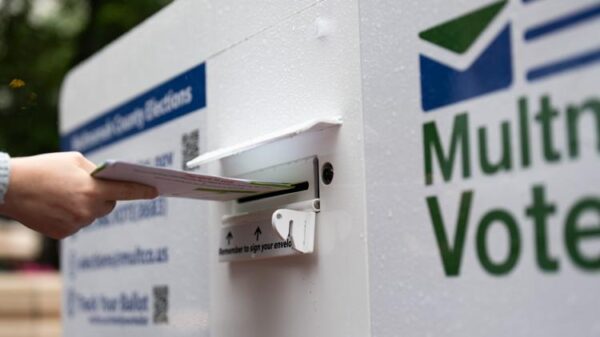A recent study commissioned by Apple has found that the reduction in App Store commissions mandated by the European Union’s Digital Markets Act (DMA) has not translated into savings for consumers. The study, conducted by the analysis firm Analysis Group, examined approximately 41 million transactions from 21,000 paid apps and in-app purchases and concluded that prices remained unchanged in 91 percent of cases.
The commission cuts, introduced in March 2024, were aimed at fostering competition and reducing costs for consumers. However, the analysis revealed that despite a 10 percentage point decrease in average fees for developers, app prices did not drop as expected. In fact, some prices even increased. Notably, the five largest app developers in the EU did not alter their pricing strategies, opting instead to retain the additional income generated from the reduced fees.
According to the findings, developers collectively saved around 20.1 million euros in commission fees, with over 86 percent of these savings benefiting companies based outside the EU. When prices were adjusted, the average reduction was a modest 2.5 percent, a pattern that Apple indicated has been consistent with previous fee reduction initiatives.
Apple’s Critique of the DMA
In its response to the study, Apple criticized the effectiveness of the DMA, arguing that the regulation failed to deliver on its promise of increased competition and lower prices. The company expressed concerns that it has led to “less security, less data protection, and a worse user experience.” Additionally, Apple pointed out that the regulatory framework introduces new challenges for start-ups and innovations, potentially exposing consumers to greater risks.
The study’s narrow focus on App Store data has raised questions about its comprehensiveness. It did not consider prices in alternative app marketplaces or on the web, which the DMA also enables. Apple cited that a long-term analysis over eight months showed no significant price changes across the board. Furthermore, the so-called core technology fee for apps with over one million initial installations per year was found to have no bearing on the study’s outcomes.
Impact on Future Developments
The findings are being used by Apple to underscore potential regulatory consequences stemming from the DMA. Several anticipated features for iOS 18 and iOS 26, such as iPhone mirroring and automatic Wi-Fi synchronization, have been postponed or disabled within the EU. Apple attributes these delays to concerns over data protection, as the DMA allows third-party developers access to sensitive user data, including WLAN histories and usernames.
As the landscape of digital marketplaces continues to evolve, the implications of the DMA and the effectiveness of commission reductions remain pivotal topics for discussion among developers, regulators, and consumers alike. The study’s findings highlight a significant gap between regulatory intentions and real-world outcomes, urging a closer examination of how policies impact various stakeholders in the technology sector.






































































